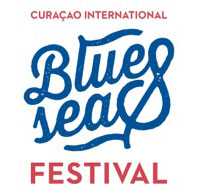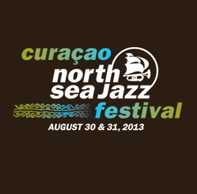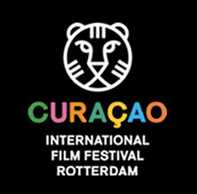
Curaçao International BlueSeas Festival

On 27 August 1990, after a historic performance with his Double Trouble, Stevie Ray Vaughan was tragically killed in a helicopter crash. The entire music-loving world was in deep mourning. Not only had the guitar genius, the pure musician left us, but also the man who with his unparalleled energy and love for ‘his blues’ had provided so much hope and joy, was abruptly snatched from our lives.
The blues world and the genre itself would, as it turned out, never recover from this blow. Indeed, it was through Stevie that the genre had advanced immensely and enjoyed a never before seen popularity amongst all sections of the general public which, until the mid-eighties, was an unprecedented phenomenon.
Now, almost 25 years later, it is often said that the blues music is a dying form. A much-used observation of journalists, record bosses and so-called ‘connoisseurs’ of the genre. It is true that blues isn’t played on ‘mainstream’ radio anymore and big international successes of real blues performers have become scarce since the death of Stevie Ray Vaughan. Of course, Eric Clapton does keep the momentum somewhat alive through his solo and co-productions with still living blues legends. Buddy Guy, B.B. King, Charlie Musselwhite, Bonnie Raitt, Robert Cray and other from ‘the old school’ also make an effort. As do ‘newcomers’ like Joe Bonamassa and Gary Clark, Jr.
And that’s it. Or so we thought. The truth requires us to continue searching, digging and sure enough, there is hope on the horizon! After all, the blues is flourishing in the US. Not so much in terms of excessive media attention and record sales, but more in the live circuit of clubs and at festivals, where the demand for performances by living guitar heroes, but also the interest in the large crowd of newcomers is absolutely growing. Fortunately, in England and in some countries in Continental Europe a healthy interest in the genre can be seen as well.
This is hardly a surprise. Trends in contemporary popular music, as we have seen from the late fifties onwards, come and go. However, for some types of music that are original and have been at the basis of that same popular music, different rules apply. These are pure, able to endure the pressure of unwanted artistic concessions and thus also stand the test of time. The blues is and will always remain one of those musical expressions, like jazz, gospel, salsa, and tropical types of music from the Caribbean basin and Latin America.
Curaçao is going to make its own contribution to this new resurgence of blues. Just like it has done over the past ten years, through festivals for salsa, jazz (Curacao North Sea Jazz Festival), and other well-known and lesser-known American and Western European forms of music.
While New Orleans holds the position as the main blues and jazz festival center in the world, Curaçao has the ambition to take that position for the Caribbean and Latin America. After all, Curaçao has played a special role in the development of the blues. In the 17th century, Curaçao served as an intermediary in the trade and transport of slaves from West Africa to, among other countries, North America. The slaves brought along their own stories and music. Continuing to share these expressions was the only way to communicate among themselves and to show solidarity in their suffering!
The kick off will be the large-scale Curaçao International BlueSeas Festival in the capital Willemstad.
The first edition took place from Thursday 7 through Saturday 9 May 2015. The line-up included Quinn Sullivan, Kat Riggins, Ana Popovic, Joe Louis Walker, The Reverend Peyton’s Big Damn Band, Lurrie Bell, Shemekia Copeland, Moreland & Arbuckle, and The Slide Brothers. The closing concert on Saturday 9 May featured The Original Blues Brothers Band and blues legend Buddy Guy.




